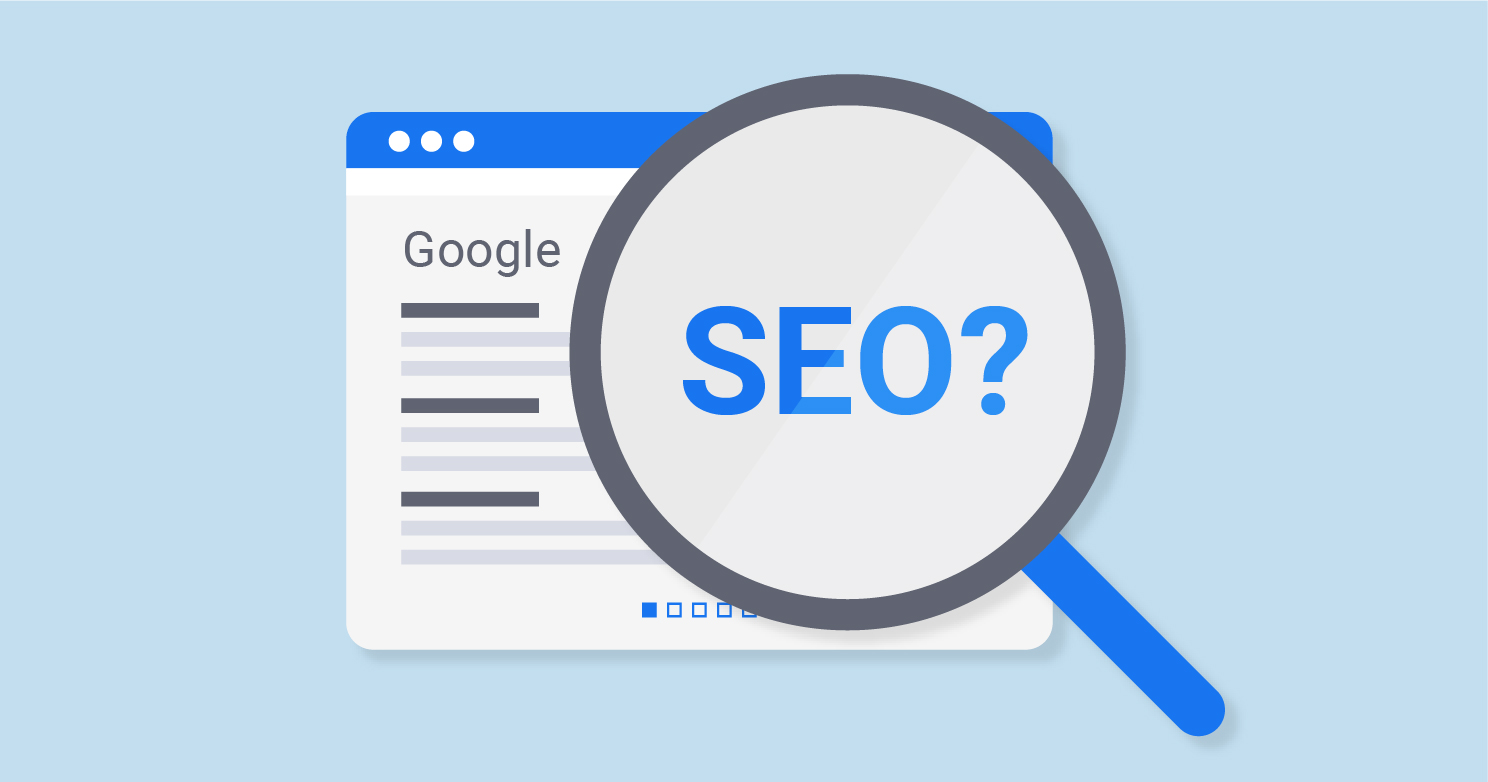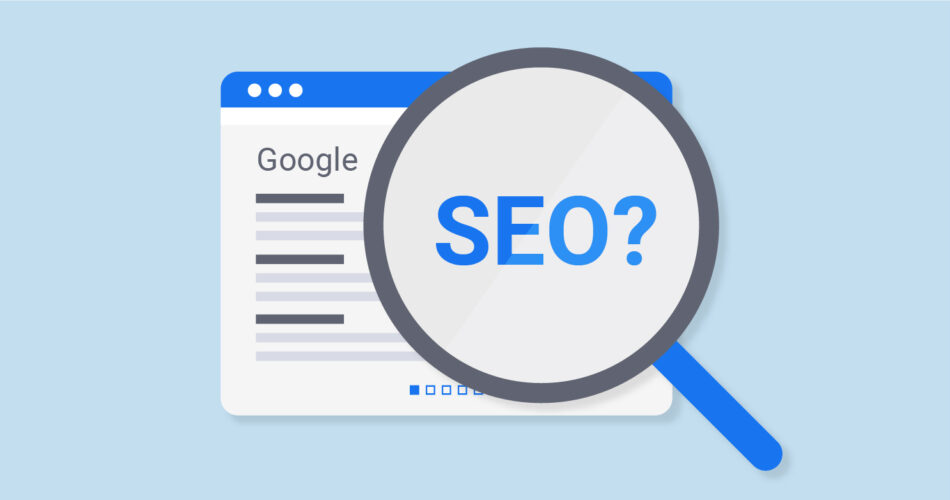Last Updated on September 25, 2023
In 2024, SEO (Search Engine Optimization) will remain a critical factor for online success. This year, like the past, demands a vigilant approach to SEO. Why? Because search engines like Google frequently update their algorithms, reshaping the digital landscape. This directly affects the visibility and performance of websites.
So, the question is: How do we gauge our SEO efforts? How do we ensure our strategies align with the ever-changing search engine rules? The answer lies in Key Performance Indicators (KPIs) and metrics.
KPIs and metrics, in the SEO realm, are like the compass and map for a hiker. They guide your actions, helping you navigate the SEO terrain. In this guide, we’ll begin with the foundational KPIs, move on to the essential metrics, and explore advanced SEO measurements, all of which are critical in this SEO journey of 2024.

Key Performance Indicators (KPIs)
In the vast realm of SEO, Key Performance Indicators (KPIs) are the beacons guiding our way. They are the metrics we use to measure how well our SEO strategies are working in 2024.
Organic traffic
Organic traffic is like the foot traffic of the digital world. It tells us how many visitors come to our site from search engines. We track it to see if our SEO efforts are increasing the number of people finding and visiting our website.
Keyword rankings
Think of keywords as the signposts on the online highway. KPIs related to keyword rankings help us understand how often our website appears for specific search terms. We watch these rankings closely to ensure our site remains visible and relevant.
Click-Through Rate (CTR)
CTR is all about the clicks. It tells us how many people see our website in search results and then decide to click on it. A higher CTR indicates that our content and meta descriptions appeal to searchers.
Conversion rate
The conversion rate is a vital KPI. It tracks the percentage of visitors who take a desired action, like purchasing or signing up for a newsletter. It’s not just about getting traffic but ensuring the right kind of traffic takes effort.
Bounce rate
Bounce rate is the ‘one-and-done’ metric. It shows the percentage of visitors who land on a page and then quickly leave without interacting further. A high bounce rate can be a red flag, indicating that something might be wrong with the page’s content or design.
Understanding and tracking these KPIs in 2024 is like using a compass to navigate a forest – they keep us on the right path and help us assess the effectiveness of our SEO strategies. Now, let’s dive into essential SEO metrics for 2024.
Essential SEO Metrics
Regarding SEO, the metrics we monitor are like the instruments on a pilot’s dashboard. They tell us how our website performs, allowing us to make informed decisions.
Page load speed
The speed at which your website loads matters. Slow-loading pages can deter users and affect your search engine rankings. Metrics related to page load speed, like load times and page size, help you gauge your website’s performance.
Mobile Optimization
In 2024, mobile optimization is non-negotiable. More people are browsing on mobile devices, and search engines prioritize mobile-friendly websites. Metrics include mobile page load speed, responsiveness, and search traffic.
Backlinks and domain authority
Backlinks are like recommendations from other websites. They boost your SEO. Domain authority measures the strength of your website’s backlink profile. Metrics related to backlinks and domain authority are crucial for tracking your site’s credibility and influence.
Content engagement
Content is king, and its performance is measured through engagement metrics. These include time on page, pages per session, and the bounce rate. They reveal how users interact with your content and whether it’s meeting their needs.
Paying attention to these metrics is essential to gauge the health of your website. They help you understand how users interact with your site, identify areas for improvement, and stay competitive in the ever-evolving digital landscape.
Technical SEO Metrics
Crawling and Indexing
Search engines like Google send bots to crawl and index your website. Metrics related to crawling and indexing involve monitoring how often these bots visit your site, whether they can access your pages, and whether any issues might prevent your content from being indexed.
Metrics: Crawl frequency, crawl budget allocation, crawl errors, and indexed pages.
Site Architecture
Your website’s structure impacts SEO. It should be organized and user-friendly. Metrics in this category help you evaluate your site’s architecture, assess user experience, and identify potential improvements.
Metrics: XML sitemaps, site speed, page depth, and URL structure.
Schema Markup and Rich Snippets
Schema markup is like an enhanced map for search engines, providing them with specific details about your content. It can lead to rich snippets in search results, boosting your click-through rates. Metrics in this category focus on how well you implement structured data and its impact on search results.
Metrics: Rich snippet appearances, click-through rates from rich snippets, and schema markup errors.
Security (HTTPS)
Search engines increasingly favor secure websites. Metrics in this category relate to the security of your site, including the use of HTTPS. They assess whether your site is safe for users, which can positively influence your SEO rankings.
Metrics: HTTPS implementation, security certificate validity, and potential security issues.
Technical SEO metrics are like the engine diagnostics of your website to ensure that your site is accessible, structured well, and secure, affecting its ranking on search engines.
Local SEO Metrics
Google My Business Metrics
Google My Business (GMB) is a powerful tool for local businesses. It’s essentially your digital storefront in Google’s search results. Metrics here focus on how well you’re utilizing GMB and how it’s impacting your local visibility.
Metrics: Local searches, customer actions (like phone calls, website visits, and direction requests), and Google Maps interactions.
Local Citations
Citations are online mentions of your business’s name, address, and phone number. Consistency in these citations is crucial for local SEO. Metrics in this category help you track how well your business information is cited across the web.
Metrics: Number of citations, accuracy of citations, and the presence of your business in local directories.
Reviews and Ratings
Customer reviews and ratings play a significant role in local SEO. They provide social proof and influence potential customers. Metrics in this category focus on the quantity and quality of online reviews and ratings and how you manage them.
Metrics: Review count, average rating, and the frequency and quality of your review responses.
Local SEO metrics are particularly essential for local businesses aiming to capture the local market. These factors can help you monitor your local online presence, understand how customers are engaging with your business, and take steps to improve your local SEO strategies.
Advanced SEO Metrics
Voice Search Optimization
In 2024, voice search is a game-changer. People are using voice-activated devices like smartphones and smart speakers to find information. Metrics in this category assess how well your content aligns with voice search queries and user interactions.
Metrics: Voice search visibility, percentage of voice queries answered, and featured voice snippets.
Featured Snippets and Position Zero
Position zero is the coveted spot that appears above the first organic search result. Featured snippets provide quick, concise answers to search queries. Metrics here focus on your content’s chances of securing this prime real estate in search results.
Metrics: Percentage of featured snippets, average position zero ranking, and impact on CTR and traffic.
User Experience (UX)
User experience is increasingly influencing SEO rankings. Search engines want to deliver a positive user experience, and metrics in this category help you assess how well your website fulfills that mission.
Metrics: Mobile-friendliness, page load speed, mobile responsiveness, and user engagement metrics like time on page and pages per session.
Advanced SEO metrics require a deeper level of analysis and strategy. These metrics cement your success and ensure higher rankings and better results in 2024’s dynamic SEO landscape.
Conclusion
The listed data points are critical for SEO success in 2024, from the foundational KPIs to advanced SEO metrics. SEO isn’t a static field; search engines update their algorithms regularly, and user behavior changes. Therefore, your SEO strategies must adapt. With the right SEO metrics and KPIs, you have the tools to assess and refine your SEO strategies.

